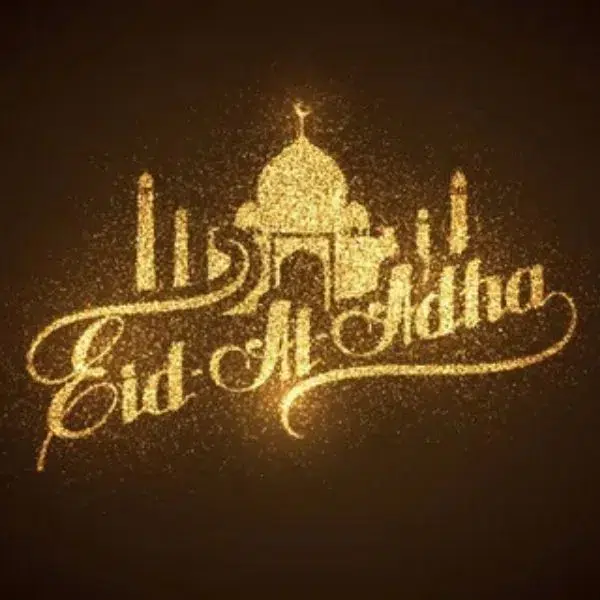Eid al-Adha
Eid al-Adha, or the “Festival of Sacrifice,” is one of the most significant celebrations in the Islamic calendar. It marks the end of the Hajj pilgrimage and honors Prophet Ibrahim’s willingness to sacrifice his son, Isma’il, in obedience to God. The act of sacrifice plays a central role in this holiday, and meat is essential to its observance.

The Significance of Meat in Eid al-Adha
Eid al-Adha centers around Qurbani, the ritual sacrifice of an animal. Muslims perform this act to remember Prophet Ibrahim’s devotion to God. God commanded Ibrahim to sacrifice his son, but before he could do so, God intervened and replaced Isma’il with a ram. Muslims now sacrifice animals, typically goats, sheep, cows, or camels, in remembrance.
The meat from the sacrifice is shared with family, friends, and those whose income is below the poverty threshold. It helps Muslims give back and reflect on the blessings they have.
Qurbani and Its Meaning in Islam
Qurbani is more than just slaughtering an animal. It symbolizes obedience and devotion to God. For Muslims, it’s a reminder to give up something valuable to please Allah. When performing Qurbani, a Muslim doesn’t just offer meat—they offer a symbol of faith and sacrifice.
The meat is divided into three parts:
- One-third for those with low-income
- One-third for family
- One-third for friends and neighbors
This distribution emphasizes charity and unity during Eid.
Distributing Meat to Family, Friends, and Those in Need
The distribution of Qurbani meat plays a key role in Eid. It ensures that everyone, including people with low income, can partake in the celebration. Many families distribute meat directly to neighbors or work with local charities. This act of sharing strengthens community bonds and encourages solidarity.
By giving, Muslims embody the values of compassion and equality. The practice serves as a reminder that Eid is a time to care for others, not just oneself.
Spiritual Lessons from Qurbani
Qurbani teaches several important lessons. It shows Muslims the value of letting go of material possessions. It encourages prioritizing selflessness and obedience to God over personal desires. The act of giving reminds Muslims to embrace humility and gratitude.
Additionally, Qurbani fosters a sense of community. Muslims around the world join in the act of sacrifice, regardless of their social or economic status. This unity reinforces the idea that all Muslims are equal in the eyes of God.
Conclusion
Eid al-Adha is a time for reflection, celebration, and giving. The sacrifice of meat goes beyond tradition. It’s an act of faith, charity, and unity. Through Qurbani, Muslims strengthen their connection to God and to each other. It’s a reminder that the true essence of Eid lies in compassion, generosity, and community.


